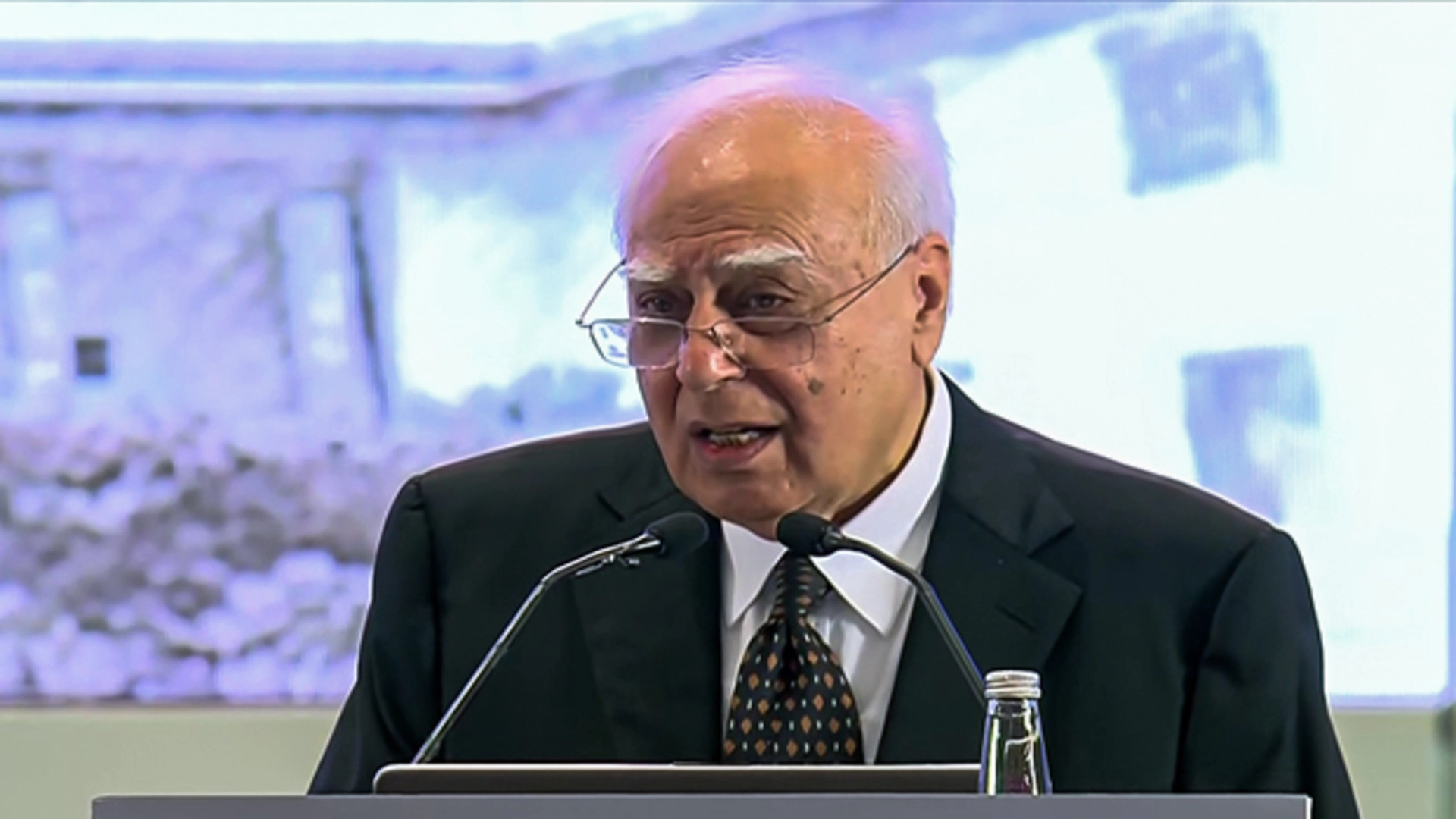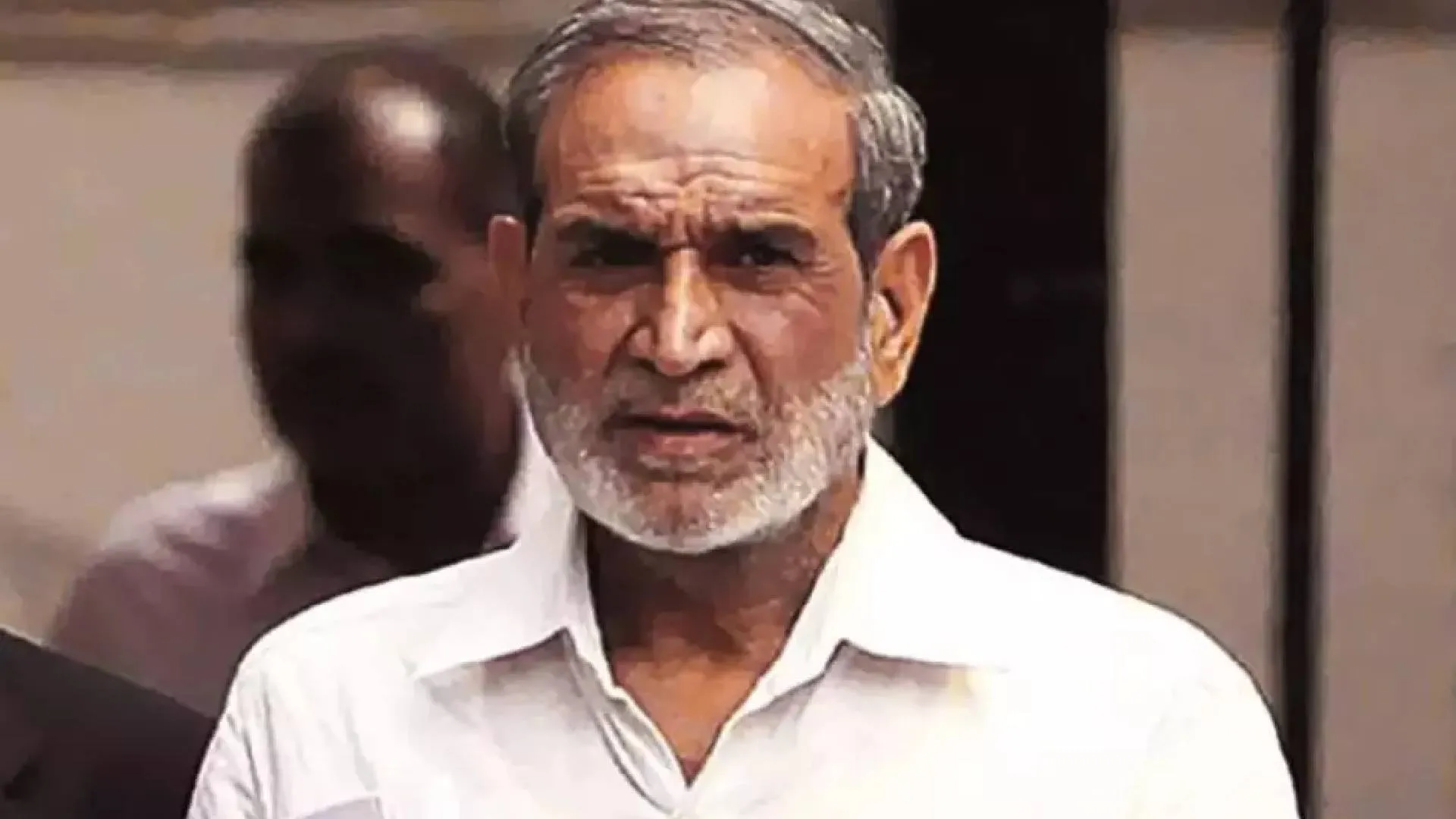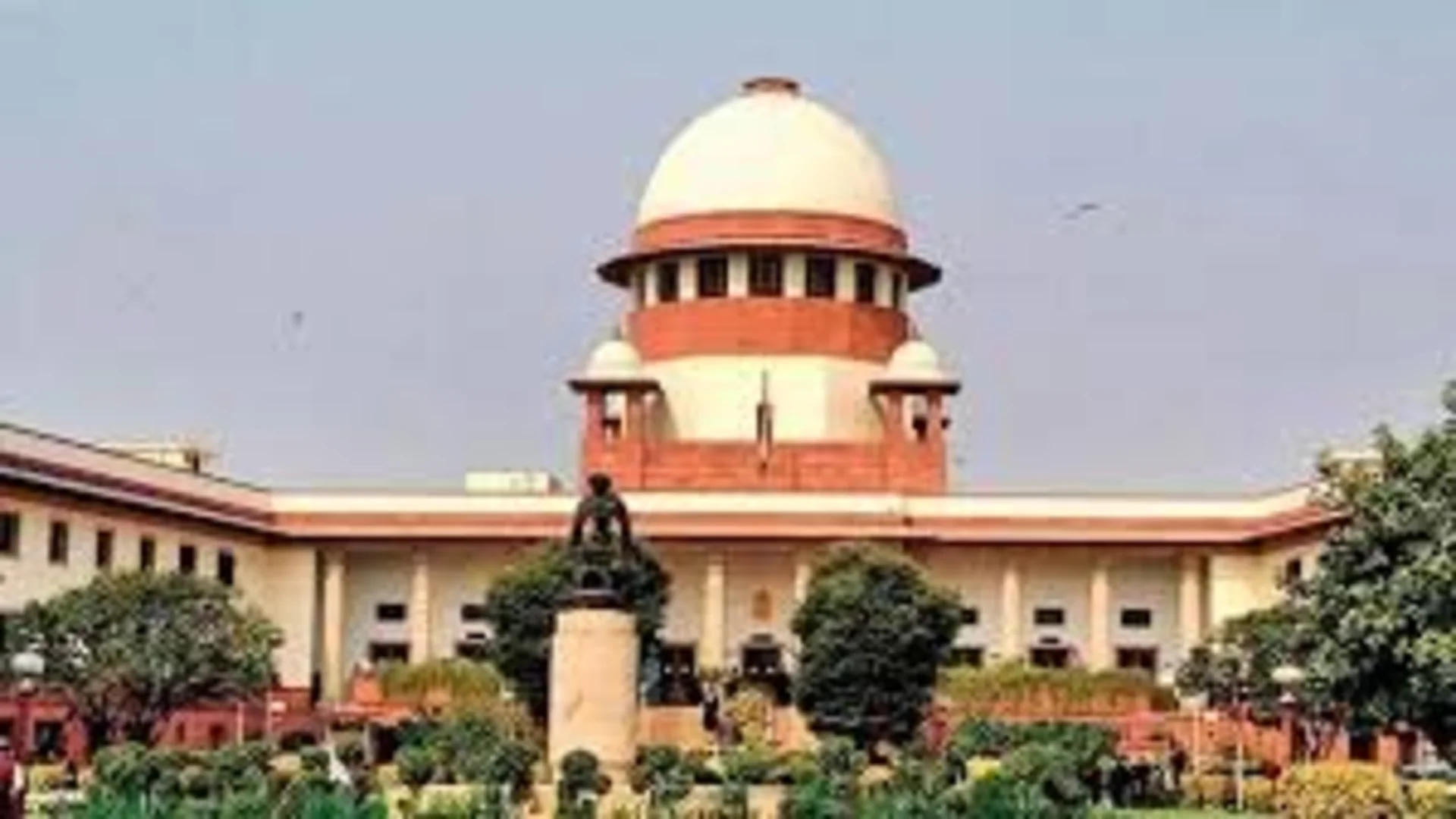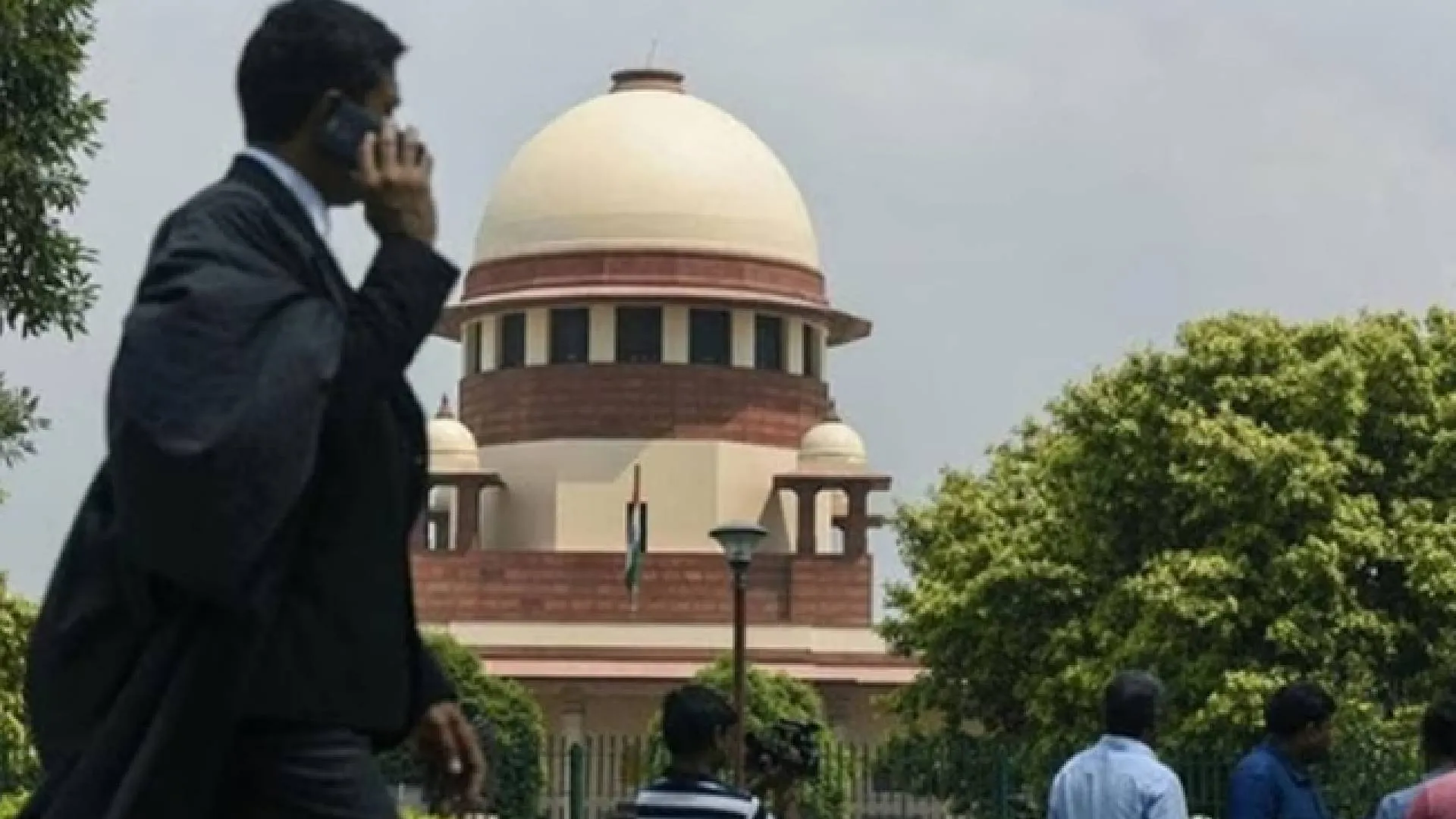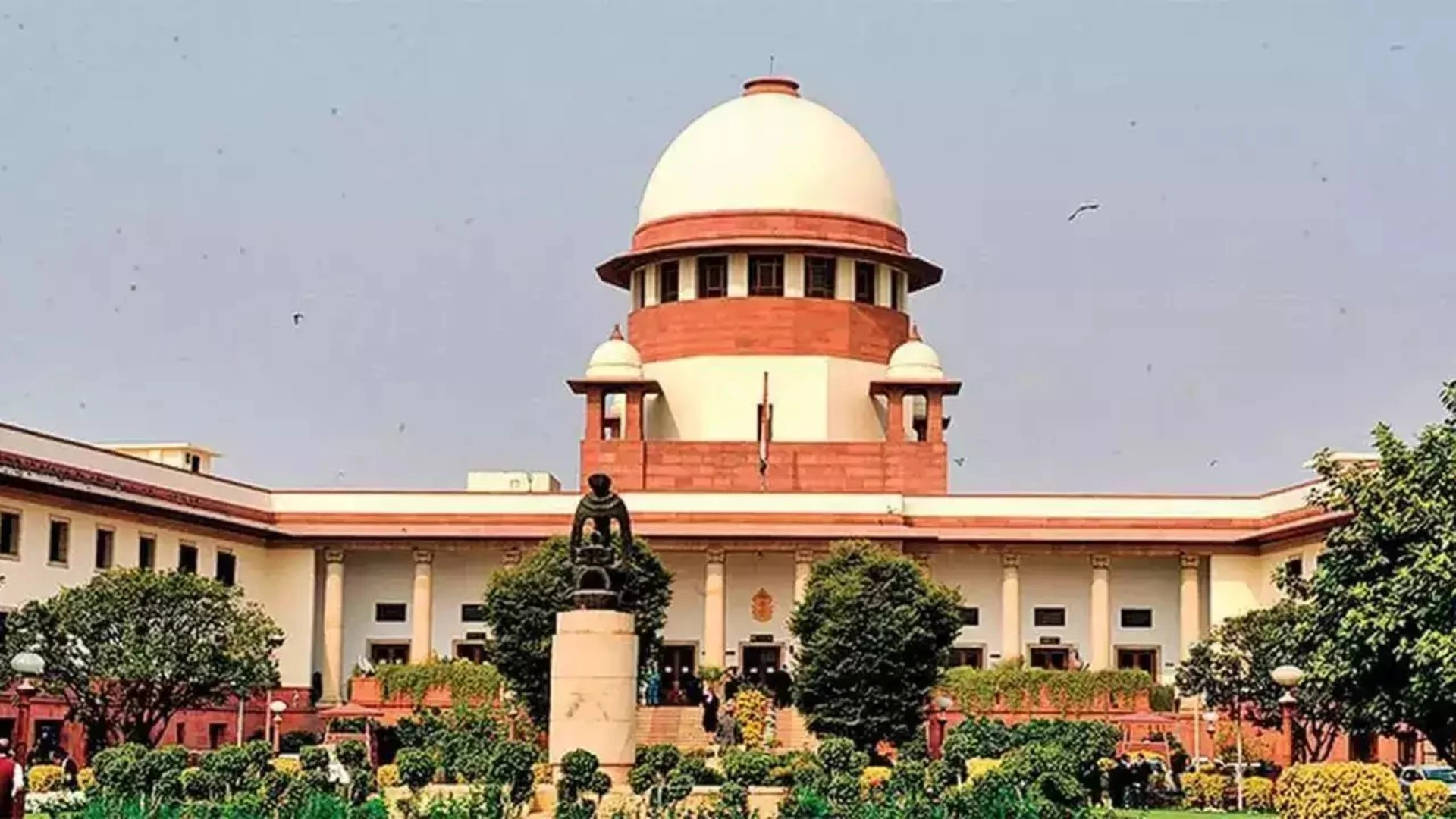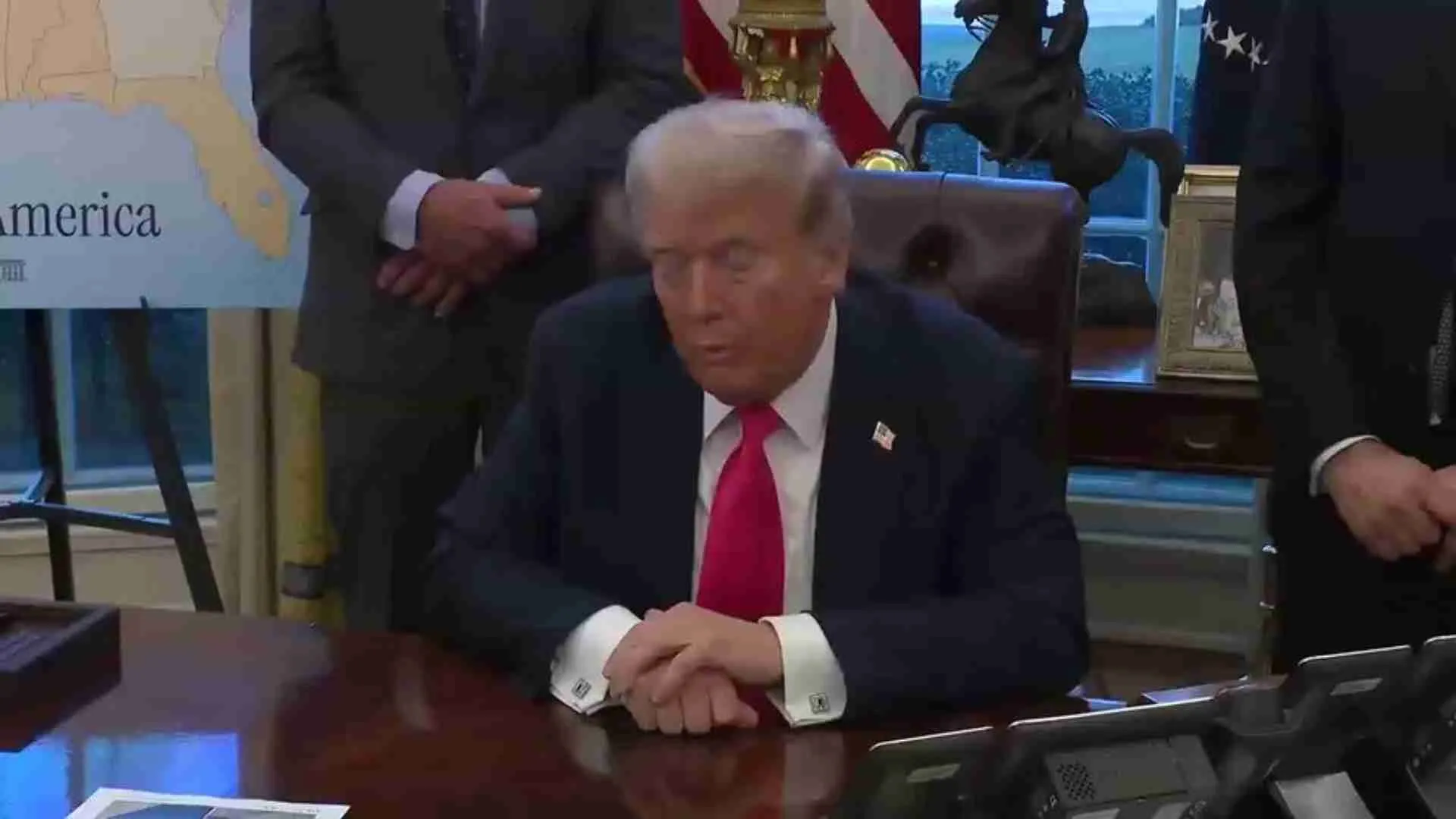Veteran lawyer and Rajya Sabha MP Kapil Sibal delivered a thought-provoking virtual address at the Legally Speaking event organized by NewsX. In conversation with Editor-in-Chief Rishabh Gulati, Sibal discussed pivotal national and global issues, sharing personal anecdotes and offering advice.
The Role of Ideology in Law
When asked whether lawyers should align with specific ideologies, Sibal provided a clear and principled response:
“A lawyer’s only ideology is adherence to the Constitution and its values. When we argue in court, the Constitution is our sole guide—our ‘bible’. Outside the courtroom, one may hold personal ideologies, but within its confines, our loyalty is to the Constitution.”
This statement underscores the importance of impartiality and commitment to constitutional principles in the legal profession.
On Women’s Safety in Hospitals
Addressing the RG Kar Medical College case, where concerns about the safety of women doctors had emerged, Sibal clarified his role:
“I was tasked by the court to present facts regarding the case. The investigation has concluded, and it’s evident that one individual was responsible. He has been apprehended and is being prosecuted by the West Bengal Police.”
He emphasized that women’s safety in hospitals is a nationwide issue requiring urgent attention.
India’s Growing Population and Parliamentary Seats
On whether India needs more parliamentarians to address its growing population, Sibal referred to Mohan Bhagwat’s recent remarks encouraging families to have three children:
“I hope this isn’t a call to increase population. What we truly need are robust systems to manage complexity in governance as our population grows.”
He addressed concerns over parliamentary seat allocation potentially disadvantaging southern and northeastern states post-census, stressing the need for a fair and thoughtful approach:
“States that have successfully managed population growth shouldn’t be penalized. The country must reflect deeply before making decisions to ensure fairness for all regions.”
Sibal acknowledged the necessity of increasing parliamentary seats to better reflect India’s demographic realities and governance demands.
Protecting Minority Rights
Sibal highlighted the importance of safeguarding minority rights globally, with specific reference to Hindus in Bangladesh:
“Minorities anywhere in the world must be safeguarded. Our government and India as a nation must be vocal about protecting Hindu minorities in Bangladesh. The same principle applies to minorities within India and globally.”
His remarks underscore India’s potential role as a voice for the vulnerable on the international stage.
Rapid Fire with Kapil Sibal
In a lighter segment, Sibal shared some of his personal favorites:
Movies: Films of Dilip Kumar and Amitabh Bachchan.
Songs: Classics by Kishore Kumar and Mohammed Rafi.
Holiday Destination: “Anywhere beautiful and worth exploring.”
Advice for Aspiring Lawyers
For young legal professionals, Sibal offered three key pieces of advice:
“Be honest, work hard, and have clarity in your motives.”
Kapil Sibal’s session blended profound insights with personal reflections, showcasing his legal acumen, political thoughtfulness, and human touch. From advocating constitutional fidelity to addressing critical governance challenges, his remarks serve as a reminder of the responsibilities of leaders and professionals in shaping a just and equitable society.

